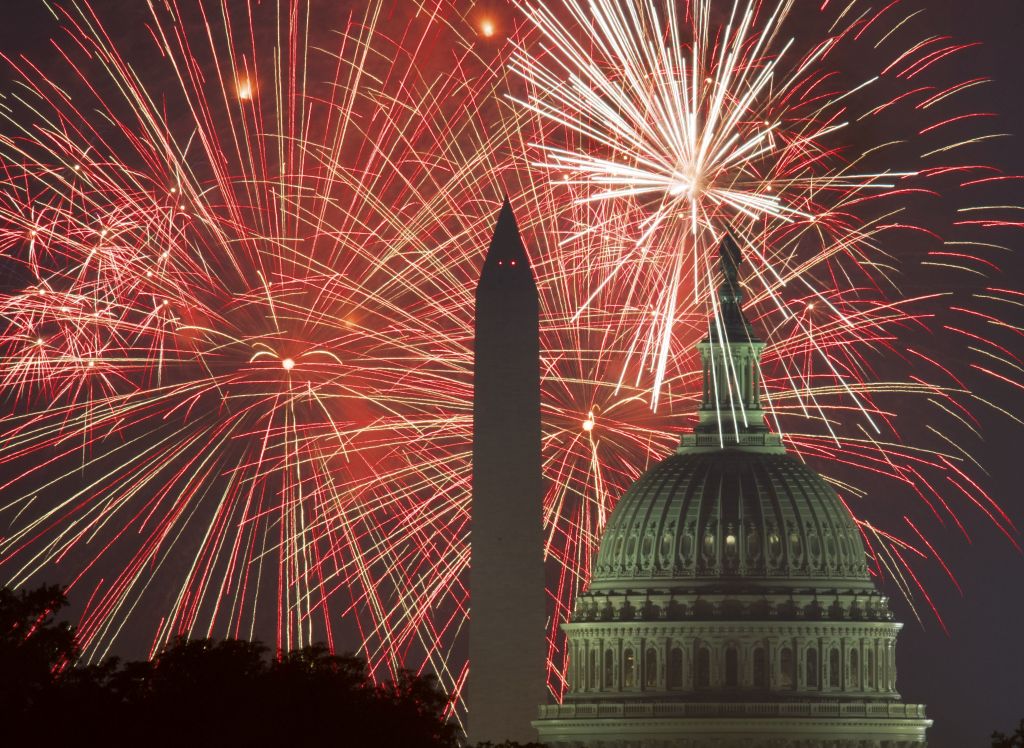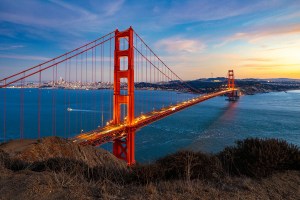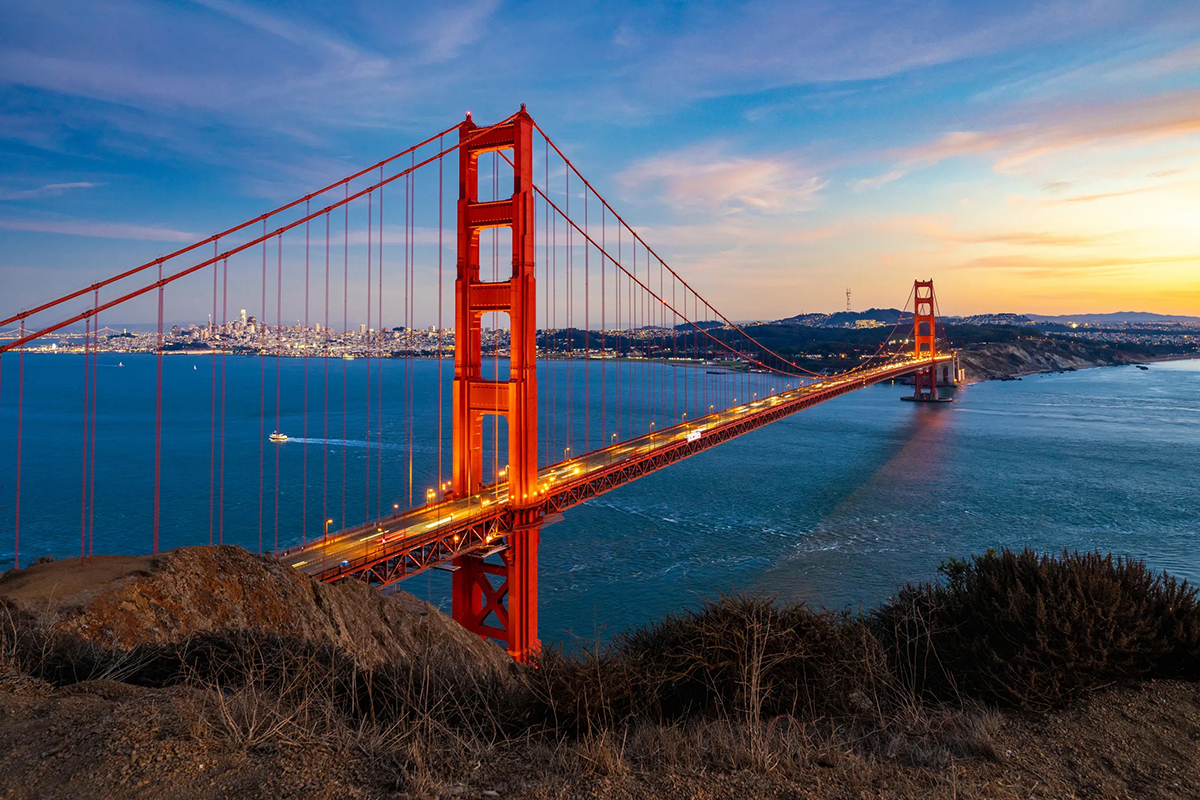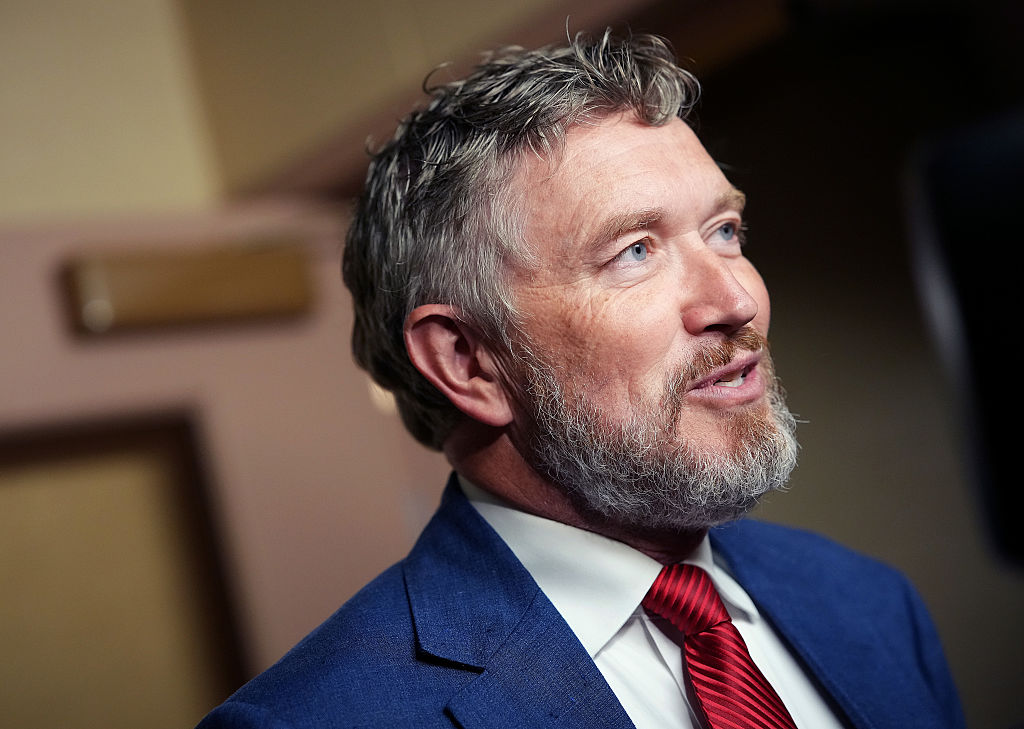Back in 2020, the oozing governor of California, Gavin Newsom, took it upon himself to all but cancel the Fourth of July. Newsom issued a statement encouraging towns and cities across his state to shut down any fireworks shows they might have planned, so as to prevent people from congregating and spreading Covid. The reliably meddlesome Los Angeles County then went a step further, banning displays of fireworks altogether.
The people of LA considered this. They stroked their chins. And they said, “You know what? I don’t think this is for me.” The night of the Fourth, Angelenos sent up so many fireworks that the next day a local authority had to issue an air quality warning.
It wasn’t the most memorable moment in a 2020 that had far too many of them, but it did feel like the most American moment. Here was a wealthy, powerful, almost comically arrogant governor trying to control his people — and those same people just shrugged and went about their business. His status meant nothing to them. That isn’t to say their firework delinquency was a political protest against Democrats or lockdown policies. It was something more innate: that good old-fashioned American willingness to ignore rules we don’t like.
Such defiance is in our country’s very marrow. It may be what most distinguishes us as Americans.
The United States isn’t the only country founded after a rebellion against established power but few nations have ever done it so trollishly. The Boston Tea Party saw defiant patriots dress up as Indians (!), board British ships, and toss a shipment of tea into the harbor. During the Revolutionary War, the Continental Army taunted the Redcoats by playing the song “Yankee Doodle,” which the British had originally devised to ridicule their uncultured American brethren. LaFayette even ordered the ditty played at Yorktown after surrendering British refused to face the victorious Yanks.
This is a country founded on a document that took the most powerful man on earth and trashed him as a “Tyrant” who was “unfit to be the ruler of a free people.” That king, by the way, was hardly the most oppressive monarch in European history. George III was far more influenced by Enlightenment values than he ever gets credit for. But we pushed him out anyway. American defiance, it’s worth noting, exists because of this British patrimony, not in spite of it. English ideas of liberty and checking authority were well established here; so too (this is often overlooked) was Irish insolence, with those of Irish lineage making up the backbone of the Continental Army.
Today, that rebellious streak isn’t always clear in the American personality. Outside of a couple northeastern cities, Americans don’t take the piss out of each other the way that Scots and Australians do. Our anti-authoritarianism can end up buried beneath other qualities, our niceness and even our credulity. We love a good monorail salesman in this country, don’t we? A populist savior who comes to town promising the world? At times, it can seem like the problem is that we aren’t skeptical enough.
Yet what is a populist except a middle finger to the ruling class (even if the populist has his own ambitions to rule)? Consider that our most famous populist, Donald Trump, was elected because he was willing to flaunt norms, not undergird them. Trump said things that Americans had been told for decades they weren’t supposed to say. Given the chance to smash taboos, half the country said yes please.
Jonah Goldberg in his book Suicide of the West recalls a wonderful observation by the sociologist Seymour Martin Lipset. During the 1970s, the federal governments of both the United States and Canada decreed that their countries should switch to the metric system. Within six years, every road sign in Canada had been converted to kilometers. Americans, meanwhile, gave their usual shrug. Two centuries earlier, the United States had bucked the British while Canada had become a haven for loyalists; today, that difference still holds.
That isn’t to say there aren’t upsides to the Canadian way. Lately, American defiance can seem like more of a curse than a blessing. Our willingness to upend authority has been refracted by the internet into lurid conspiracy theories about ruling cabals. No one seems to trust any institution anymore; the very concept of authoritative truth has been weakened. And while we don’t have a monarchy, while we’ve abolished official titles, our celebrity culture can certainly feel like a royal court (“YAS, KWEEN!!!” we scream at Nicki Minaj). It seems in some areas like we’ve torn down authority we shouldn’t have, and in others like we’ve replaced good authority with bad authority.
But then celebrities aren’t royals, are they? They drift in and out with the latest trends, and Americans seem to relish tearing them down as much as we do building them up. And that’s just it. This nation might be groaning under a heap of problems, but the threat of oppression — real, palpable oppression, like you see in China or Russia — isn’t one of them. Blue-state governors couldn’t even get their own police to enforce Covid restrictions, for goodness sake. American politicians do not get away with calling themselves “Jupiterian” or chiding children for not calling them “sir,” as Emmanuel Macron does in France. Even in those corners of life where we’ve become more authoritarian — regulatory bureaucracy, for example, and government surveillance — it’s had to happen quietly and not without pushback.
These days, it’s not clear America is even governable, let alone subjugable. And while I’m sure there’s something to be said for living in a quiet communitarian paradise, I can’t help but think that the great California fireworks revolt represents everything I love about this country: the defiance, the audacity, the messiness, the joy. May the United States live to thumb her nose at many more Gavin Newsoms to come.

























